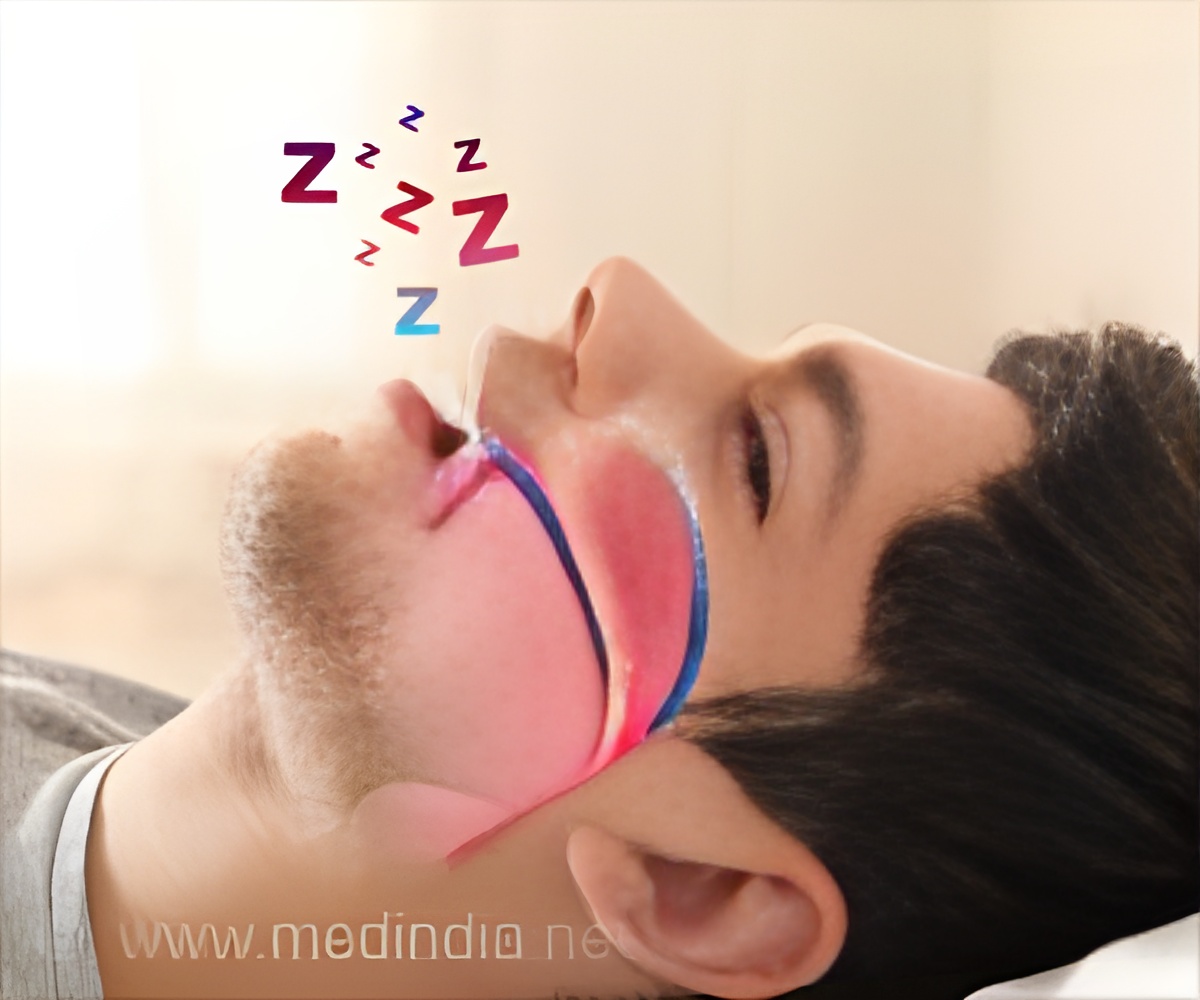In multiple system atrophy (MSA) condition, sleep disorders are a common but scarcely studied symptom linked to disease severity, says study.

- Patients with multiple system atrophy (MSA) have more sleep disorders
- MSA is a rare neurodegenerative disorder characterized by autonomic dysfunction, tremors (parkinsonism)
- The study provides hope for a more holistic approach to improving patients' quality of life
Being unable to sleep well makes life harder for these patients, who already suffer from the other symptoms of the condition; as such, emphasizing sleep disturbances is important for addressing patient needs.
With this in mind, researchers led by Dr. Hui-Fang Shang of Sichuan University in China set out to investigate three specific sleep disorders (Parkinson's disease related sleep problems [PD-SP], excessive daytime sleepiness [EDS], and rapid eye movement sleep behavior disorder [RBD]) in patients with MSA.
Dr. Shang explains, "Our goal was to determine the frequency of these three sleep disturbances in MSA, including in both subtypes. We also wanted to know whether sleep disorders affected how severe MSA was." Their findings have been published in Chinese Medical Journal.
After screening for MSA and excluding other neurological disorders, the researchers examined 165 patients using questionnaires to determine the presence of sleep-related symptoms and MSA severity. Dr. Shang and colleagues found that PD-SP occurred in 18.8% of patients, EDS in 27.3%, and RBD in 49.7%, whereas all three coexisted in 7.3% of patients.
And most importantly, greater the number of these sleep-related symptoms a patient had, more severe their MSA was.
Because sleep disorders are associated with loss of dopaminergic and non-dopaminergic neurons (that is, neurons producing the neurotransmitter chemical dopamine), the results shed some light on the underlying biological causes of MSA.
"For me, this research emphasizes the need to focus more on sleep disorders when treating patients with MSA," says Dr. Shang , explaining the scientific and clinical contributions of their work, "We are the first to perform such a systematic analysis of sleep-related symptoms in MSA, and any future research can build on what we did here to better understand this serious condition. Currently, MSA has no cure, so a greater emphasis on sleep disorders will help do two things: address the lower quality of life in these patients due to disturbed sleep, and provide scientific data for developing effective treatments."
Source-Eurekalert















